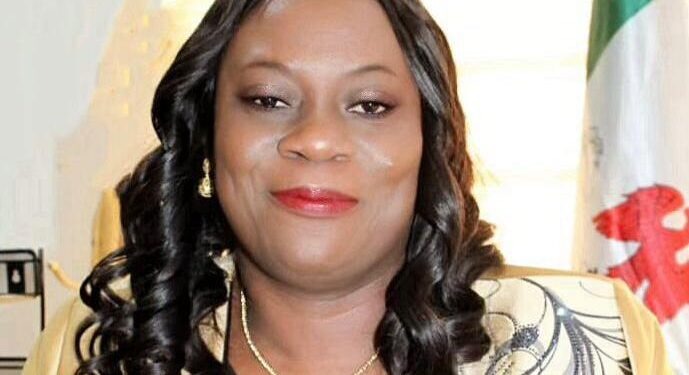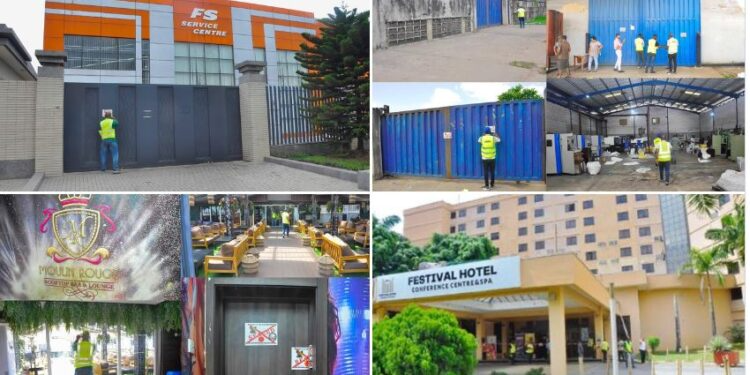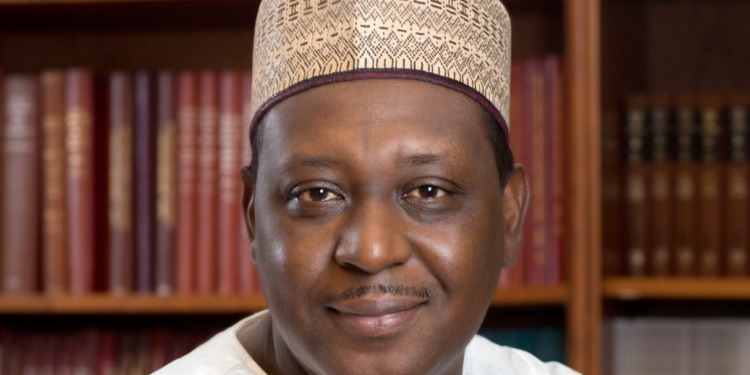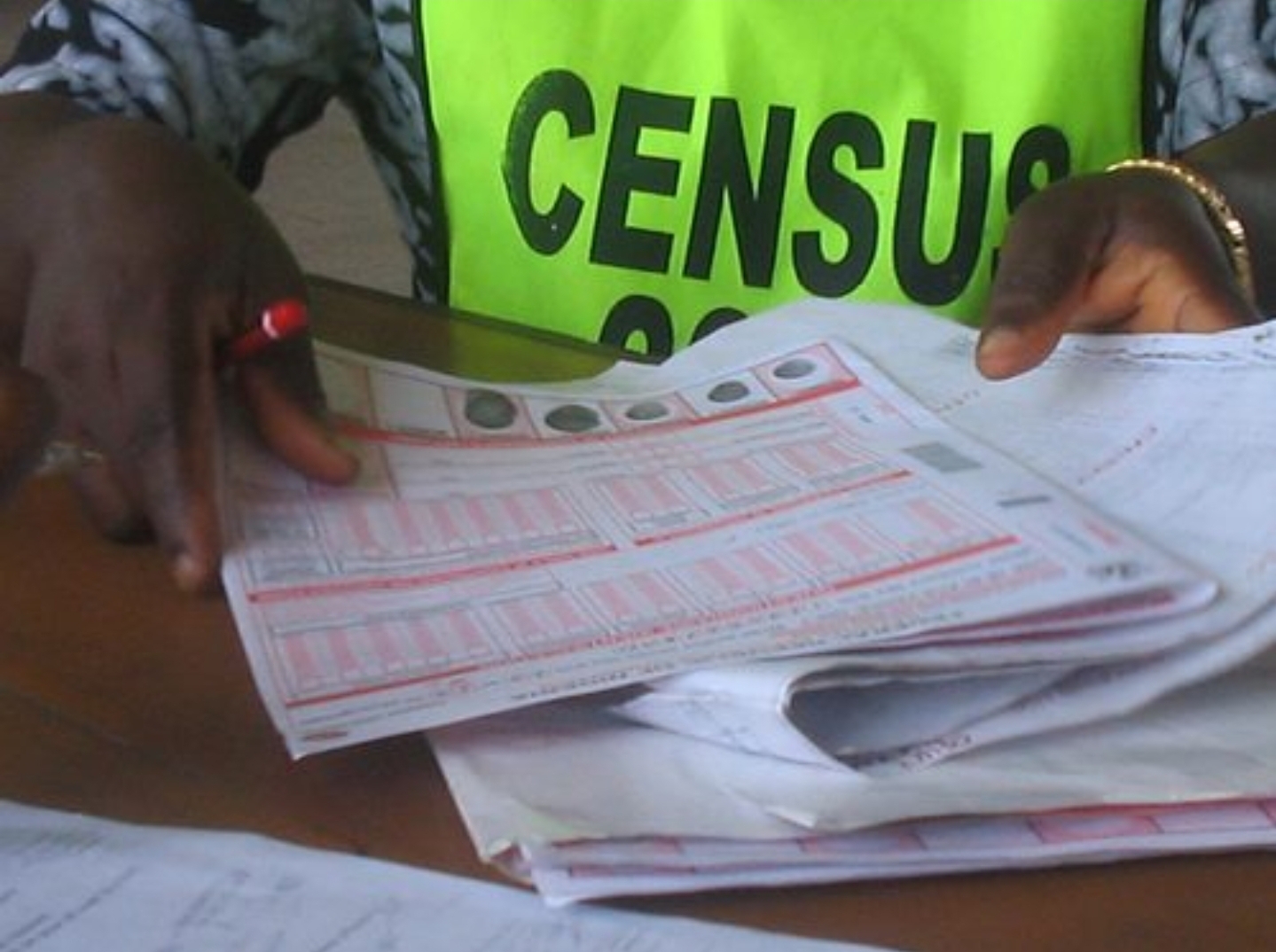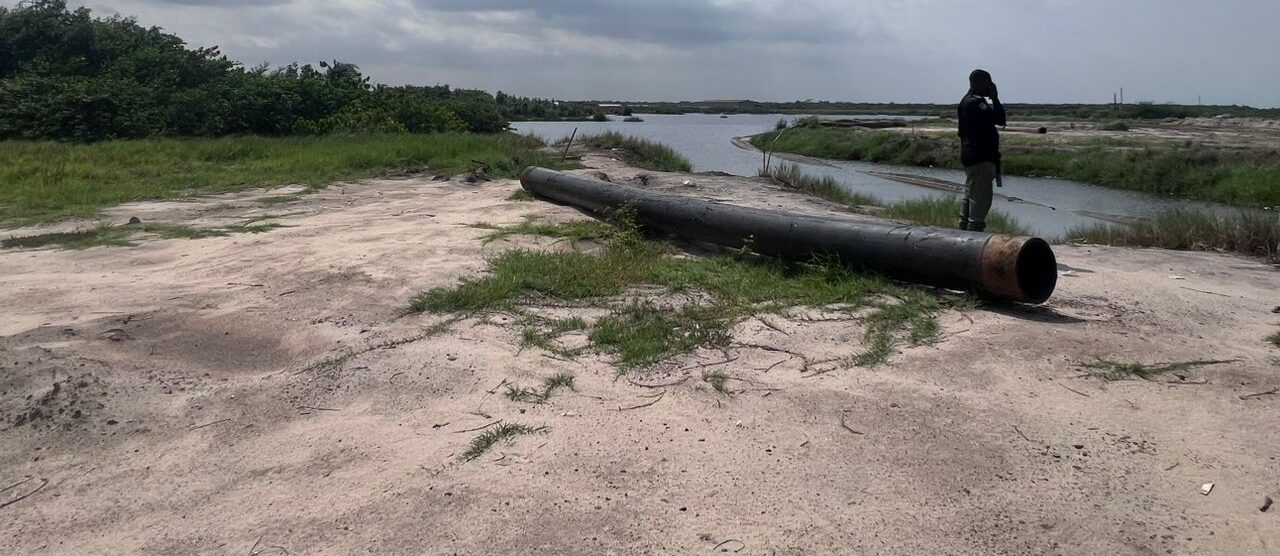Canada is facing an increasing challenge as a growing number of skilled immigrants, including permanent residents, are leaving the country.
Despite being a long-time destination for talented workers, many highly educated immigrants are opting to migrate elsewhere.
This trend, known as “onward migration,” is raising alarms about the potential negative impact on Canada’s economy and workforce.
As the government lowers its immigration targets in response to public concerns over housing and affordability, the departure of skilled workers could deepen existing workforce shortages and limit long-term economic growth.
According to Immigration News Canada (INC), in the past year, Canada experienced significant population growth, driven by high immigration levels, international students, and temporary foreign workers.
However, the federal government has revised its immigration policies, citing strain on social services and infrastructure.
Reports tell that for the first time in decades, Canada has reduced its permanent immigration targets, cutting the 2024 target from 500,000 to 395,000 by 2025. While this reduction addresses some concerns, it overlooks the critical issue of retaining immigrants who have already arrived.
Why skilled immigrants are leaving Canada
Contrary to popular belief, reports inform that many of those leaving Canada are not struggling to integrate, they are often highly educated professionals who were specifically selected for their skills to meet the country’s labor needs.
Many immigrants are leaving for better opportunities abroad or due to dissatisfaction with their experiences in Canada.
Some of the dissatisfying experiences are linked with:
Housing affordability and cost of living
- A major reason for onward migration is Canada’s housing affordability crisis. In cities like Toronto and Vancouver, INC reports that many immigrants find it increasingly difficult to secure affordable housing.
- With costs rising and limited options available, some skilled workers are choosing to leave for more affordable countries, where they can build a more stable future.
Underemployment and career barriers
It is noted that skilled immigrants often face barriers to fully utilizing their qualifications.
- Factors such as regulatory challenges, delayed credential recognition, and a lack of Canadian work experience often push newcomers into low-paying jobs unrelated to their fields.
- This underemployment drives many skilled workers to seek better opportunities in countries with more streamlined processes for career advancement.
Better opportunities abroad
- Observations have cited that countries such as the United States, Australia, and Germany, are actively competing for skilled talent.
- Offering higher salaries, faster immigration pathways, and better support systems for newcomers, these nations have become attractive alternatives to Canada.
- For many skilled immigrants, the pull of these opportunities outweighs the challenges they face in Canada.
Economic impact of onward migration
- The loss of skilled immigrants poses a serious threat to Canada’s economy; as immigrants play a vital role in critical sectors like healthcare, technology, and construction, where labor shortages are already a pressing issue.
- Losing these workers would not only inflame existing shortages but also limit the potential for innovation and growth.
- INC notes that immigrants make up a significant portion of Canada’s healthcare workforce, and their departure could worsen shortages of doctors, nurses, and other professionals.
Public opinion and changing attitudes toward immigration
- According to reports, recent surveys show growing skepticism toward immigration among Canadians, citing concerns about housing availability, healthcare access, and job competition.
- This shift in public opinion has also influenced the federal government’s decision to cut immigration targets.
- However, experts warn that a reduction in new arrivals may not be enough to address the deeper issue of retention, as immigrants who are already in Canada may still choose to leave.
What Canada can do to retain immigrants
- To tackle the challenge of onward migration reports state that Canada needs to focus on retention as much as attraction.
- Policy changes could include improving housing affordability, simplifying the process for recognizing foreign credentials, and investing in social services like healthcare and education.
- Additionally, regional immigration programs aimed at encouraging newcomers to settle in smaller communities could help alleviate pressure on larger cities and create more balanced opportunities across the country.



